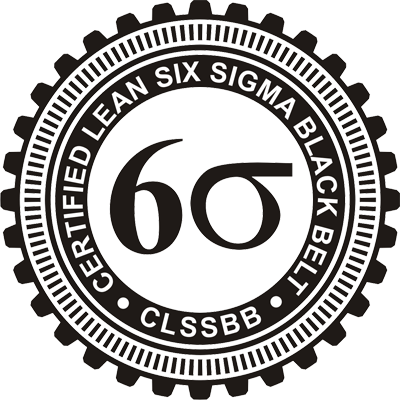Definition of Agile Coaching
Agile coaching is a practice where an expert, known as an agile coach, helps individuals and teams to implement agile principles and practices effectively. Agile methodologies, such as Scrum, Kanban, and Lean, focus on iterative development, continuous feedback, and flexible responses to change.
Brief History of Agile Coaching
The concept of agile coaching emerged from the broader agile movement that began in the early 2000s. The Agile Manifesto, published in 2001, laid the groundwork for agile methodologies by emphasizing values like individuals and interactions, working solutions, customer collaboration, and responding to change.
Responsibilities of an Agile Coach
An agile coach wears many hats. Primarily, they are responsible for helping teams understand and implement agile practices. This involves facilitating agile ceremonies, such as daily stand-ups and retrospectives, coaching team members on agile principles, and helping resolve conflicts.
Skills Required for Agile Coaching
Communication Skills
Excellent communication is at the heart of agile coaching. An agile coach must be able to clearly articulate agile principles, facilitate productive discussions, and provide constructive feedback.
Problem-Solving Skills
Agile coaches often encounter complex challenges that require innovative solutions. Whether it's a team struggling with communication or a project facing scope creep, an agile coach needs to analyze the situation, identify root causes, and propose effective solutions.
Agile Coaching vs. Traditional Coaching
Unlike traditional coaching, which often focuses on individual performance and development, agile coaching is centered around improving team dynamics and processes. Traditional coaches might work on career goals or personal development, while agile coaches concentrate on how teams can work more effectively together within an agile framework.
Advantages of Agile Coaching
Flexibility and Adaptability
One of the major advantages of agile coaching is its emphasis on flexibility. Agile methodologies allow teams to adapt to changing requirements and priorities, which is crucial in today's fast-paced business environment.
Continuous Improvement
Agile coaching fosters a culture of continuous improvement. Through regular retrospectives and feedback sessions, teams are encouraged to reflect on their processes and make incremental changes.
Implementing Agile Coaching in Teams
Implementing agile coaching starts with setting up agile teams. This involves defining roles, such as Scrum Master and Product Owner, and ensuring that team members understand their responsibilities. An agile coach helps in structuring the team and establishing effective working relationships.
Agile Coaching Techniques
One-on-One Coaching
In one-on-one coaching sessions, an agile coach works directly with individual team members to address specific challenges and goals. This personalized approach helps in resolving individual issues and improving overall performance.
Group Coaching
Group coaching involves working with the entire team to enhance collaboration and address collective challenges. This might include facilitating team-building exercises, guiding the team through agile practices, and helping them develop a shared vision and goals.
Challenges in Agile Coaching
Common Obstacles
Agile coaching is not without its challenges. Common obstacles include resistance to change, lack of understanding of agile principles, and difficulties in aligning agile practices with existing organizational structures.
Overcoming Challenges
To overcome these challenges, agile coaches employ various strategies. These include providing education and training, involving leadership in the process, and gradually introducing changes to minimize resistance.
Measuring Success in Agile Coaching
Key Metrics
Measuring the success of agile coaching involves tracking several key metrics. These might include team velocity, quality of deliverables, and the frequency of successful deliveries.
Feedback and Continuous Improvement
Feedback is a crucial component of agile coaching. Regular feedback sessions with team members and stakeholders help in identifying areas for improvement and making necessary adjustments.
Conclusion
Agile coaching plays a vital role in helping teams and organizations embrace and thrive within agile frameworks. By focusing on effective communication, problem-solving, and continuous improvement, agile coaches guide teams through the complexities of agile adoption.








































































